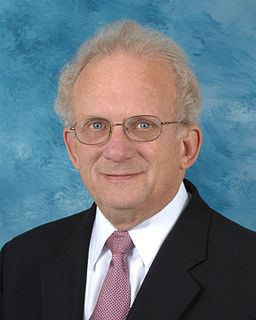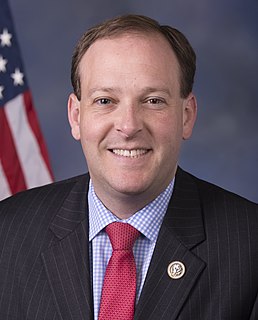A Quote by Lee H. Hamilton
Foreign aid is neither a failure nor a panacea. It is, instead, an important tool of American policy that can serve the interests of the United States and the world if wisely administered.
Related Quotes
Foreign policy always has more force and punch when the nation speaks with one voice. To remain secure, prosperous, and free, the United States must continue to lead. That leadership requires a president and Congress working together to fashion a foreign policy with broad, bipartisan support. A foreign policy of unity is essential if the United States is to promote its values and interests effectively and help to build a safer, freer, and more prosperous world.
The main implication is a remapping of the world in line with American policy and American interests. Natural resources are limited, and the United States wants to make sure that its own population is kept supplied. The principle effect of this will be for the United States to control large parts of the oil which the world possesses.
I think that it's very important to have the United States' engagement in many situations we have around the world, be it in Syria, be it in the African context. The United States represents an important set of values, human rights, values related to freedom, to democracy. And so the foreign policy engagement of the United States is a very important guarantee that those values can be properly pursued.
I have looked at public opinion polls in France in the late 1940s and early 1950s during the height of Marshall Plan aid. They had a very negative attitude towards the United States then. There were negative attitudes towards the United States because of Vietnam. There were negative attitudes about the United States when Reagan wanted to deploy intermediate range ballistic missiles. I don't think the president should base his foreign policy on American public opinion polls, let alone foreign public opinion polls.
Indeed, often because of the size and weight in the world of our neighbor, we in Canada often define ourselves in contrast to American positions on things like Cuba, the Vietnam War and nuclear disarmament. Historically, Canada has not always been aligned with the United States. It doesn't necessarily serve anyone's interests - Canadian or American - to be seen as an extension of the United States.
The world is now unipolar and contains only one superpower. Canada shares a continent with that superpower. In this context, given our common values and the political, economic and security interests that we share with the United States, there is now no more important foreign policy interest for Canada than maintaining the ability to exercise effective influence in Washington so as to advance unique Canadian policy objectives.































